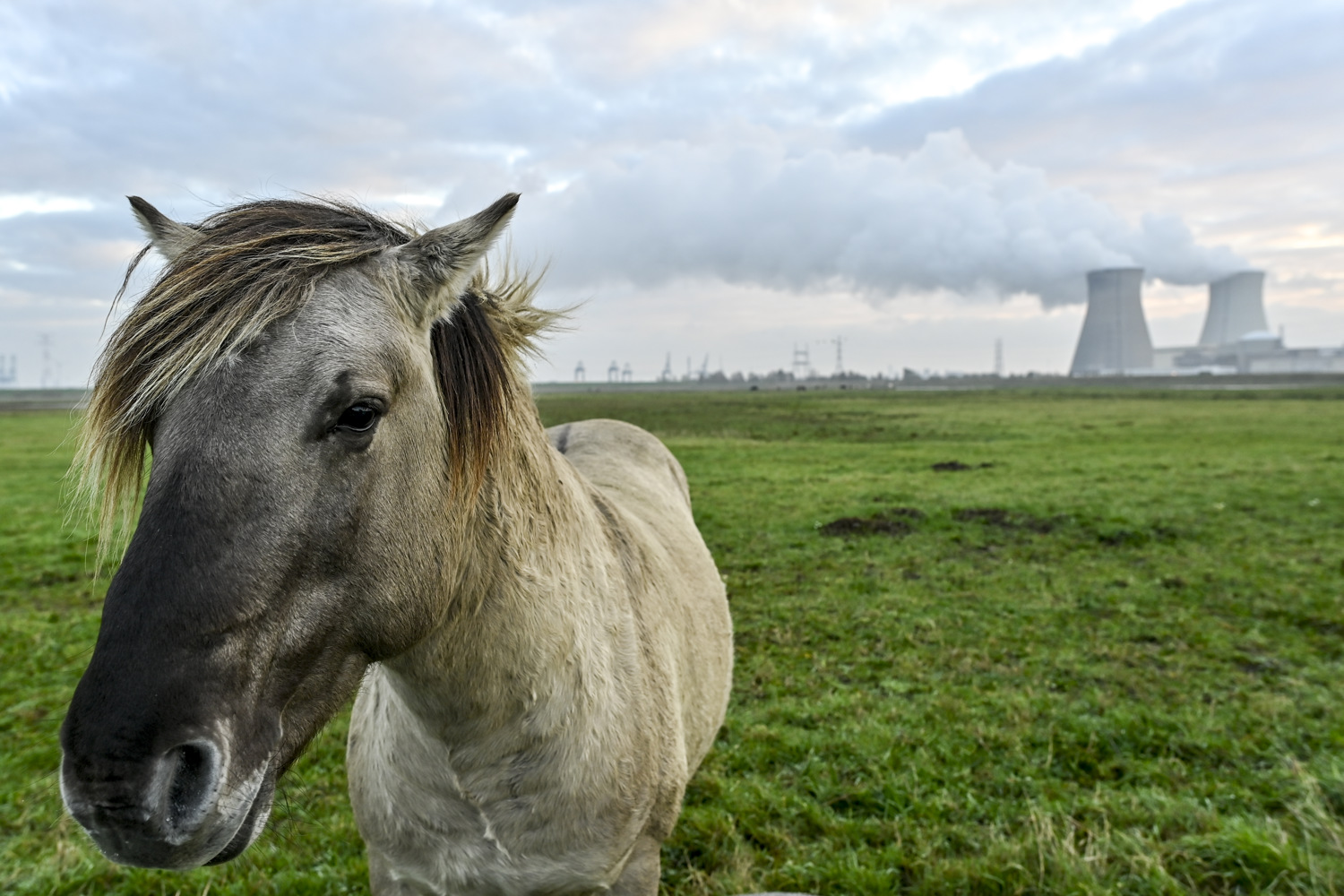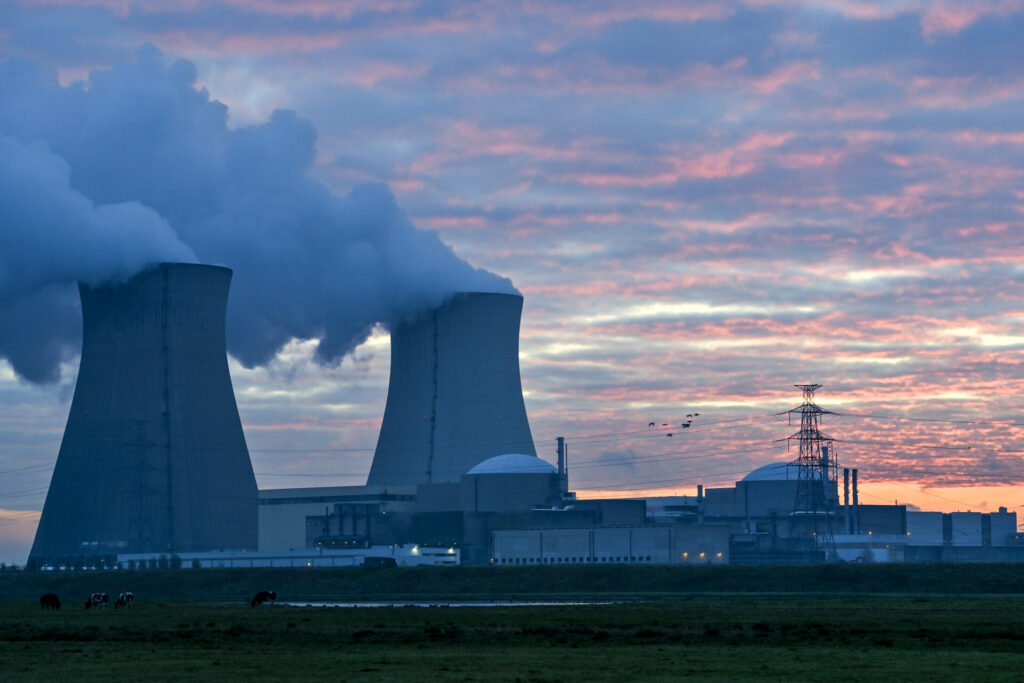Valentine's Day 2025 will mark the official shutdown of the Doel 1 nuclear reactor, Belgian energy corporation Engie Electrabel confirmed. After producing electricity for exactly 50 years, the plug will be pulled.
Belgium's oldest nuclear reactor will stop operating at around 21:45 on Friday 14 February 2025. The reactor, located on the bank of the Scheldt River, near the village of Doel in the Flemish province of East Flanders, will be disconnected from the high-voltage grid. The process of shutting Doel down has been gradual, starting earlier this month.
"In the days following the shutdown, the operators will allow the reactor to cool down in a controlled manner and lower the pressure in the primary cooling circuits to the level of ambient air pressure," the company noted in a statement. This could take around five years. Once it has cooled sufficiently, the nuclear reactor can be defuelled.
"This involves lifting the fuel rods one by one from the reactor and transferring them to separate docks, where they will cool further underwater for several years." Another ten years will be needed for decommissioning and final demolition.
Eventually, the site will be prepared for new industrial activities. However, because nuclear fuel will be stored on the site in buildings for temporary storage, repurposing will be restricted.
Gradual phase-out
Belgium opted for nuclear energy in the late 1960s to produce part of its electricity, as fossil fuels alone could no longer meet the ever-increasing demand for energy. The government decided to build seven nuclear reactors: four in Doel and three in Tihange, near Huy in Wallonia.
Doel 1 and 2 were ordered in 1968. "The area around Doel was ideal, thanks to the cooling water that could be obtained from the nearby river Scheldt," Engie Electrabel explained. Construction began in 1969 and the first employees were hired in 1970.

Credit: Belga / Dirk Waem
The Doel 1 reactor was commissioned in 1975, followed by Doel 2, dubbed its 'Siamese Twin' as they share a common control room, machine room and various safety systems, later that year. Doel 3 was commissioned in 1982 and Doel 4 was completed in mid-1985.
Now, Doel 1 is the third Belgian nuclear reactor to be permanently decommissioned, following Doel 3 in 2022 and Tihange 2 in 2023. They are all being closed under the nuclear phase-out plan. After tonight, four of the seven nuclear reactors in Belgium will still be operational. Another two, Doel 2 and Tihange 1 are set to be decommissioned later this year.
Nuclear fairytale
Greenpeace, Bond Beter Leefmilieu (BBL) and the French-speaking umbrella organisation for environmental organisations Canopea are seizing the opportunity to make a connection to the De Wever government's plans for nuclear energy, Belga News Agency reported. For example, the government wants to repeal the law on the nuclear phase-out and keep Doel 4 and Tihange 3 open for at least another ten years.
However, the NGOs noted Europe has yet to approve this nuclear deal. They also referred to the fact that Engie has repeatedly said it is "unthinkable" to keep these two reactors open even longer. The old reactors also no longer meet current safety standards and the organisations argued building new ones is too costly.
"Instead of accelerating the energy transition, this government continues to peddle outdated nuclear fairy tales," said Mathieu Soete, energy transition campaign manager at Greenpeace Belgium.

